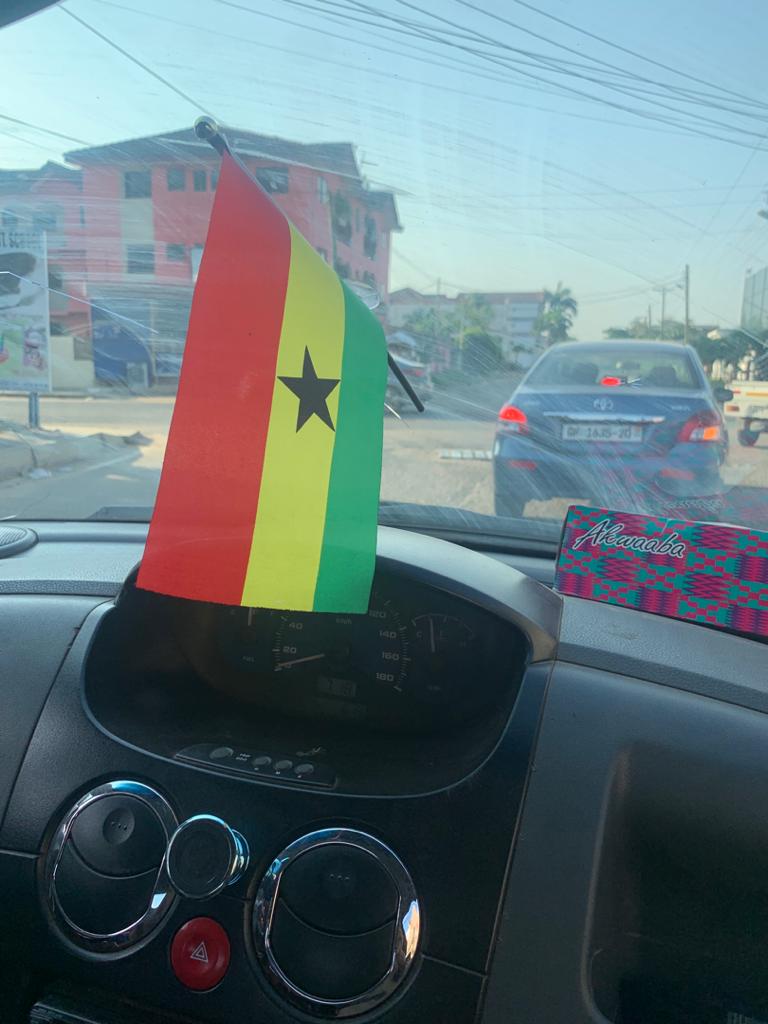The “Digital Transport Guidelines” announced by Ghana’s Driver and Vehicle Licensing Authority (DVLA) will impose a new levy on every ride-hailing trip. The vehicle licensing agency plans to force ride-hailing companies to share real-time trip and customer data with it.
The new rule means that Uber, Bolt, Yango, inDrive, and Black Ride—the five ride-hailing firms which operate in Ghana—will foist an additional charge on passengers who use their platforms. Ghana residents have taken to social media to point out that the new charge may amount to double taxation, especially for passengers who use mobile money payments.
Recall that in May 2022, Ghana’s government introduced the widely unpopular e-Levy, a 1.5% tax on all electronic and mobile payments above 100 cedis. In January 2023, the levy was reduced to 1%.
Per the guidelines, the new digital service tax will be mutually determined by ride-hailing companies which the guideline terms “Digital Transport Service Operators” but the DVLA has already set this fee at GH¢1 per trip, subject to periodic review.
Bright Simons, Vice President at IMANI Centre for Policy and Education, an Accra-based think tank, says it is unclear if Ghanaian law permits administrative bodies to impose charges on consumers like the DVLA has. But it is not the first time the regulatory agency has imposed fees on ride-hailing. In 2019, the DVLA imposed an annual 60 cedi fee on ride-hailing drivers
The new per-trip levy will now cover annual license fees paid by drivers, digital transport licenses, fees for an information search system and the costs of maintaining the entire DVLA database.
According to documents seen by TechCabal, the new guidelines for ride-hailing companies came online on Saturday, April 1, 2023. The new guideline mandates the registration of all private vehicles intended for commercial purposes with the Driver and Vehicle Licensing Authority. Registered vehicles would then receive a DVLA sticker which they are required to fix onto the front windscreen of their vehicles.
Privacy concerns
Having a data protection certificate is a requirement for ride-hailing companies operating in Ghana, and the new guidelines from Ghana’s vehicle and driver licensing agency acknowledge this. However, the new rules from the agency will force ride-hailing companies to share business and personal customer information with the agency for every trip completed. Data, the agency wants to collect include:
- Passenger information
- Driver Name
- Departure and arrival time stamps
- Departure and arrival GPS Coordinates
- Trip distance
- Date of Transaction
- License Number of Driver
- Vehicle Registration Number
- Driver, vehicle and passenger ratings
According to the DVLA, the data will enable it to collect the revenue from its new tax net, which is supposed to be remitted monthly by ride-hailing companies.
The DVLA is also mandating ride-hailing companies to verify their passengers’ identities using Ghana’s biometric digital ID, the Ghana card. In 2012, Ghana passed its Data Protection Act. The law bars companies that process personal data from infringing the privacy rights of Ghanaian residents. Requiring ride-hailing companies to process and potentially share the biometric information of Ghana Card holders may open fronts for data abuse and privacy violations.
Economic woes pinch
Ghana is battling inflationary headwinds that have eroded the buying power of the cedi by more than 50% in the last year alone. In January, inflation rose to 54.1%, a 22-year high. At the same time, Ghana’s government is locked in negotiations with the International Monetary Fund for a $3 debt billion bailout that has stalled.
Sharp increases in the costs of moving people and goods across Ghana is one of the key drivers of inflation in Ghana. Though less understood, the levy on mobile transactions is also thought to have contributed to rising prices. This has led to fears that the new tax on ride-hailing will only serve to increase. Taxes on services like ride-hailing are not uncommon, in 2020, the government of Lagos, Nigeria’s commercial hub, imposed new licensing fees and per-trip taxes on ride-hailing services. These costs often get passed on to passengers.
Paying GH¢1 extra for every Uber/Bolt trip may not be much, but for Ghanaians feeling the pinch of a flagging economy, it is one more sign of how dire things have become.
The digital services tax introduced by Ghana’s drivers and vehicle licensing department is only one of several new tax measures introduced by Ghana’s government. Last week, the government announced three new taxes to shore up failing government coffers.





















